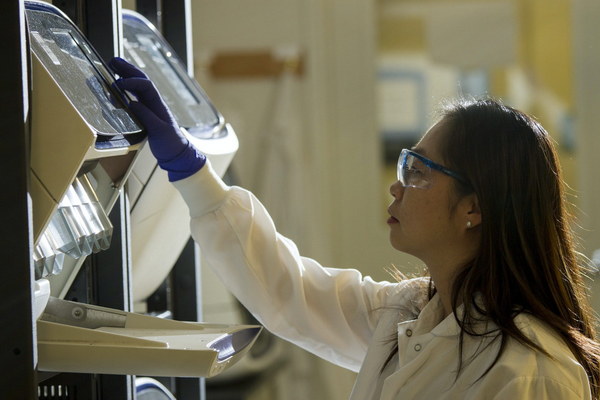Boost Your Kidney Health A Guide for High School Students on How to Reinforce Your Kidneys
Introduction:
As high school students navigate the challenges of adolescence, it's crucial to pay attention to their overall health, including kidney function. Kidneys play a vital role in filtering waste and maintaining fluid balance in the body. Here's a comprehensive guide on how high school students can reinforce their kidneys and promote long-term health.
1. Stay Hydrated
One of the most fundamental ways to support kidney health is by staying well-hydrated. Drinking plenty of water helps flush out toxins and waste from the kidneys. Aim for at least 8 to 10 glasses of water per day, and adjust your intake based on your activity level and climate.
2. Balanced Diet
A balanced diet rich in fruits, vegetables, lean proteins, and whole grains can provide the necessary nutrients to keep your kidneys healthy. Include foods that are high in antioxidants, such as berries, leafy greens, and cruciferous vegetables, which can help reduce oxidative stress on the kidneys.
3. Limit Salt Intake
Excessive salt can strain the kidneys, leading to high blood pressure and kidney damage. Limit your salt intake by avoiding processed and packaged foods, and seasoning your meals with herbs and spices instead of salt.
4. Exercise Regularly
Physical activity improves blood flow throughout the body, including to the kidneys. Regular exercise, such as walking, running, or cycling, can help maintain healthy kidney function. Aim for at least 150 minutes of moderate-intensity aerobic exercise or 75 minutes of vigorous-intensity exercise per week.
5. Manage Stress
Chronic stress can affect kidney health by increasing the risk of high blood pressure and inflammation. Practice stress-reduction techniques such as meditation, deep breathing exercises, or yoga to keep your kidneys healthy.
6. Get Enough Sleep
Quality sleep is essential for overall health, including kidney function. Aim for 7 to 9 hours of sleep per night, and establish a regular sleep schedule to help your body repair and rejuvenate.
7. Avoid Smoking and Limit Alcohol
Smoking and excessive alcohol consumption can damage the kidneys over time. Quitting smoking and limiting alcohol intake can help protect your kidneys from further harm.
8. Regular Check-ups
Visit your doctor regularly to monitor your kidney function. Early detection of kidney issues can lead to timely intervention and treatment.
9. Stay Active in Social Life
Maintaining a healthy social life can also contribute to kidney health. Positive relationships and social support can help reduce stress levels, which is beneficial for kidney function.
10. Practice Mindfulness

Engaging in mindfulness practices can help you become more aware of your body and its needs. Mindfulness can lead to better self-care habits, which in turn can support kidney health.
Conclusion:
As a high school student, taking care of your kidneys is an essential part of maintaining your overall health. By staying hydrated, eating a balanced diet, exercising regularly, managing stress, and getting regular check-ups, you can reinforce your kidneys and set the foundation for a healthy future. Remember, these practices are not only beneficial for your kidneys but also for your overall well-being.









